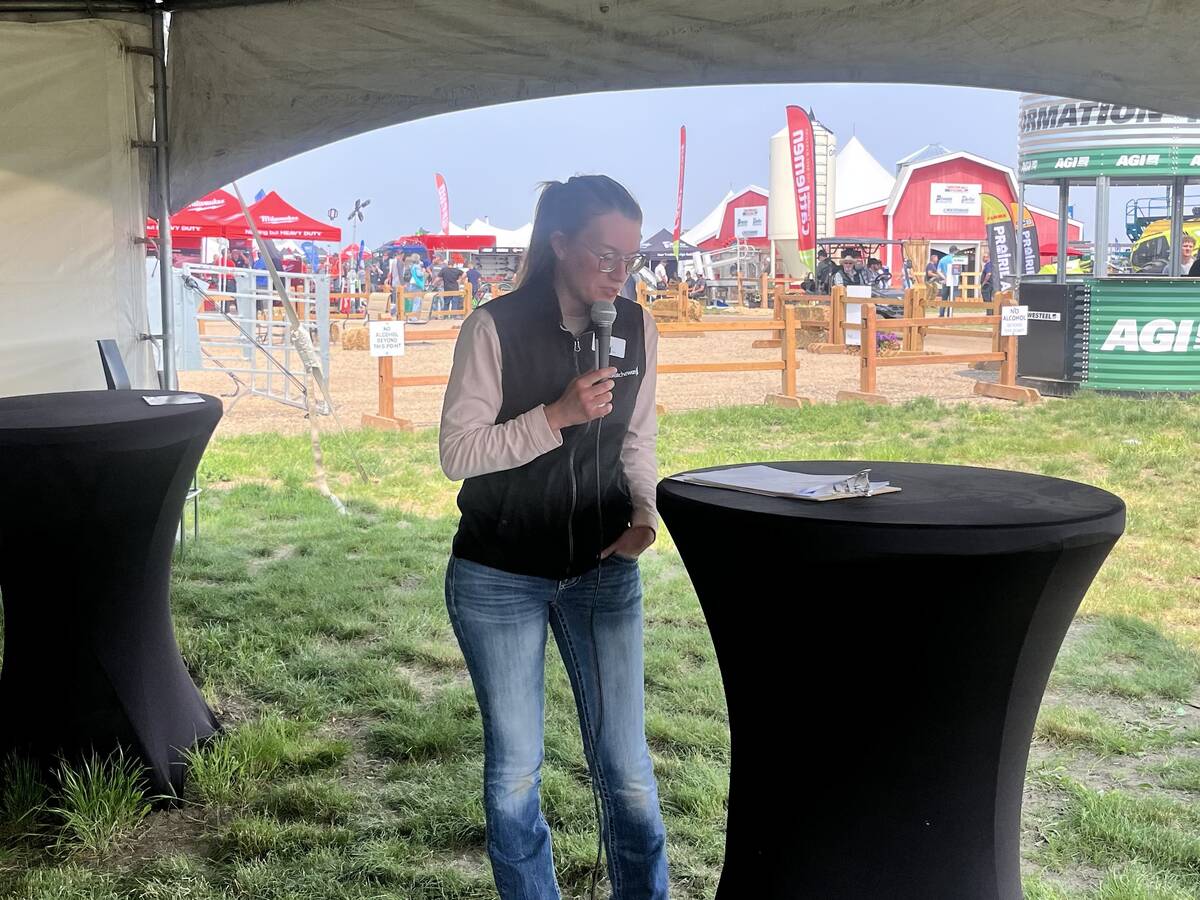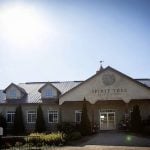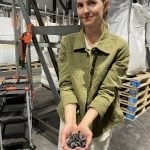WINNIPEG — The amount of land left to summerfallow in Western Canada could hit a new record low in 2017, according to the latest Statistics Canada data, as the practice fall increasingly out of favour.
However, weather conditions still have the final say with “unintended” summerfallow a distinct possibility this year.
Heading into the 2017 growing season, Canadian farmers say they will leave only 1.765 million acres unseeded as summerfallow land, according to Statistics Canada.
That marks a new record low for the practice and compares to the 1980s when summerfallow consistently topped 20 million acres, according to Statistics Canada data.
Read Also

Ag in Motion speaker highlights need for biosecurity on cattle operations
Ag in Motion highlights need for biosecurity on cattle farms. Government of Saskatchewan provides checklist on what you can do to make your cattle operation more biosecure.
Average wheat plantings in Canada have come down by about 10 million acres since the mid-1980s, when wheat area still averaged more than 30 million acres. Meanwhile, canola and pulse crops have all seen considerable growth over that time.
Diversifying out of wheat played a part in the move away from summerfallow, but the bigger adjustment was in the move to zero-till practices and nitrogen fertilizer, according to industry participants.
However, the practice is not yet going away completely.
It may be becoming a rarity, but some producers have crunched the numbers and found that they still get better returns overall when they intentionally chem-fallow their fields, said Kevin Hursh of Hursh Consulting and Communications in Saskatchewan.
Hursh said adverse weather conditions this spring may see actual summerfallow end up above the early projections.
“This year you might see a bunch of unintentional summerfallow if the weather keeps messing around and people are unable to seed, especially in those areas where they have combining to finish up,” said Hursh.

















